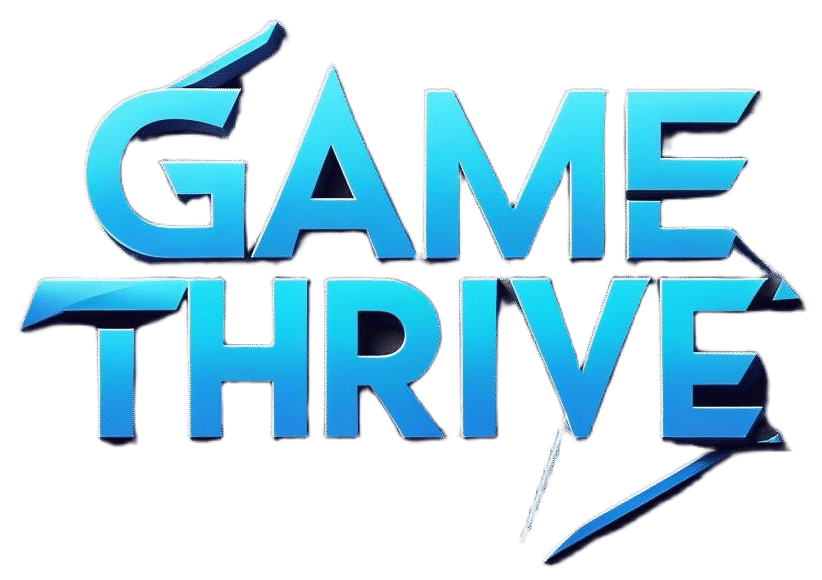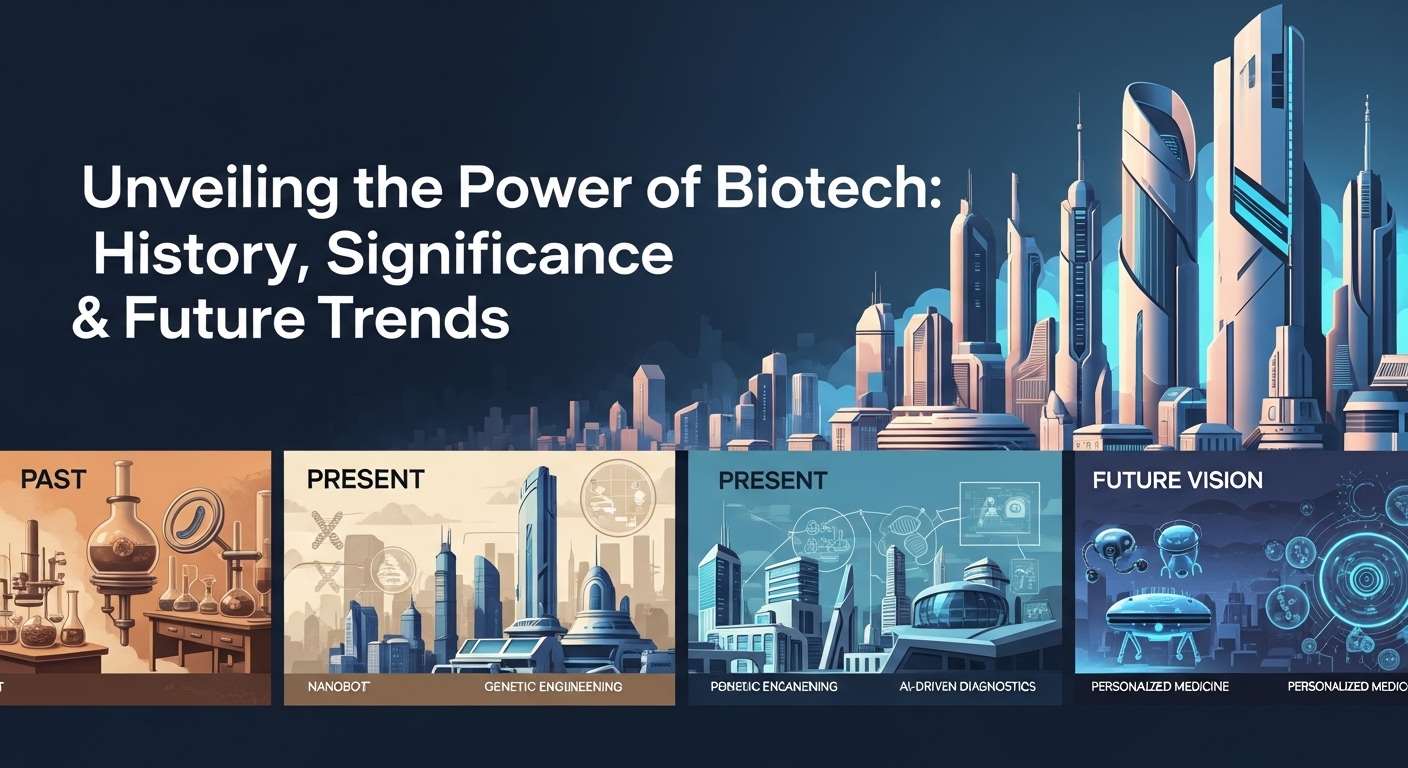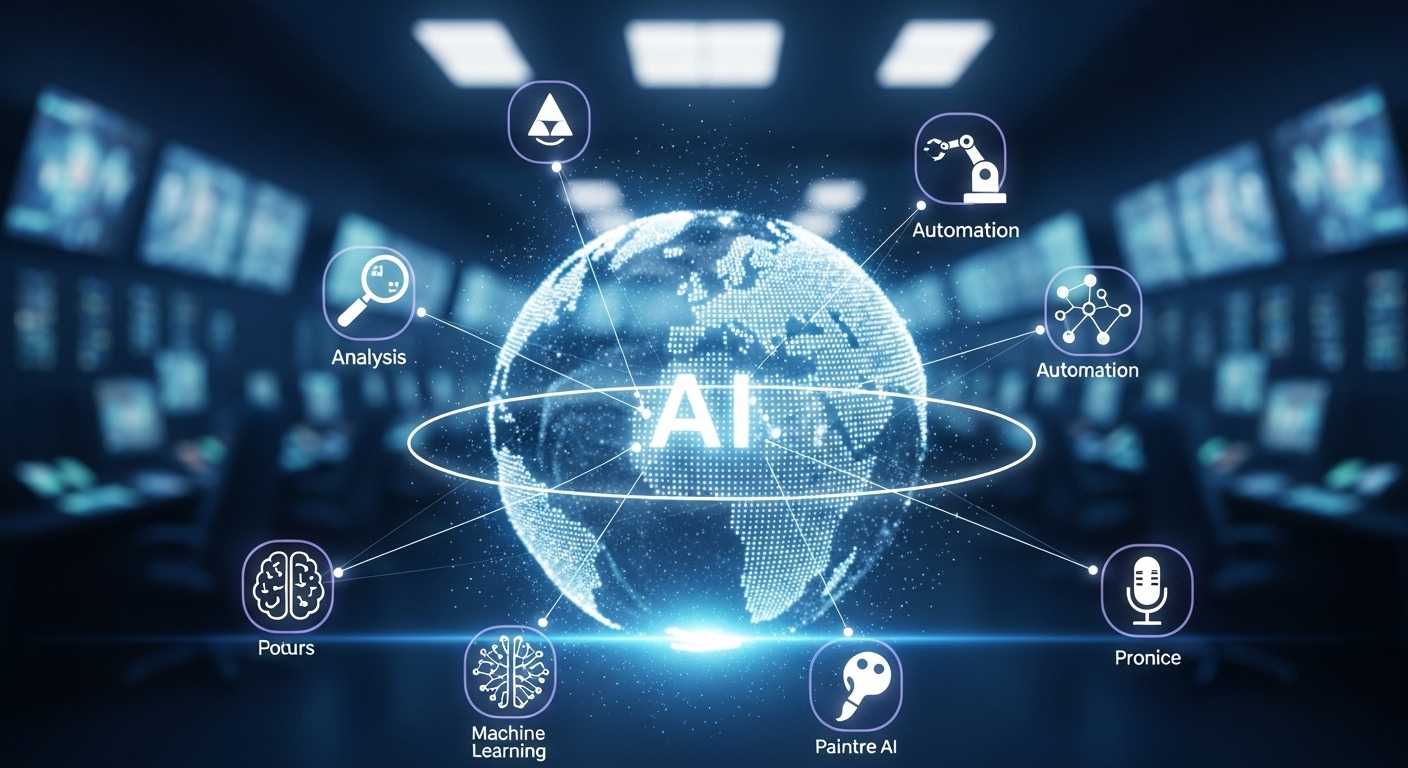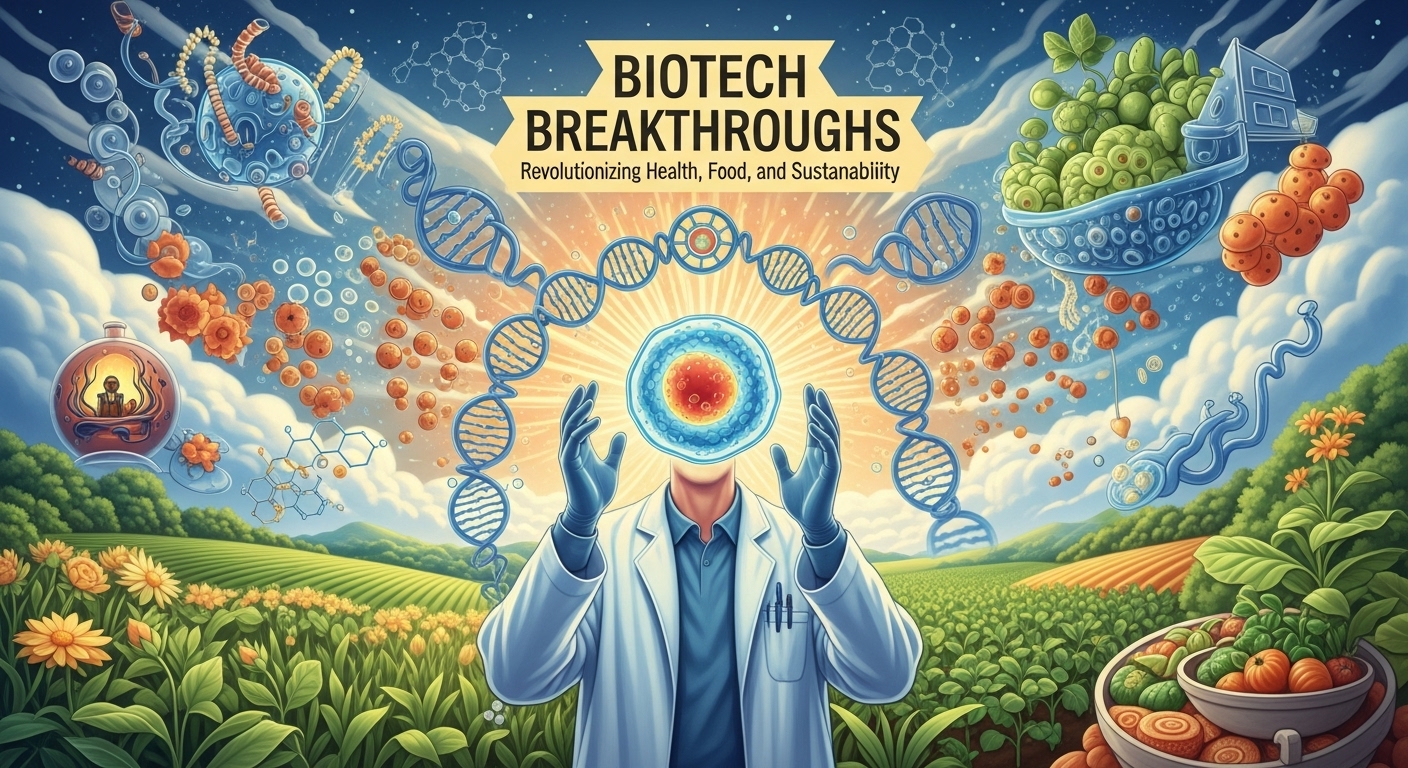Biotechnology, or biotech, is a fascinating field that combines biology and technology to develop innovative solutions for a wide range of industries. From healthcare to agriculture, biotech has revolutionized the way we approach problems and has the potential to shape the future in profound ways. In this blog post, we will explore the history, significance, applications, and future trends of biotechnology.
## History of Biotechnology
Biotechnology has a rich history that dates back thousands of years. Early civilizations used biotechnology techniques like fermentation to produce food and beverages. However, the modern biotechnology era began in the 1970s with the development of recombinant DNA technology. This breakthrough allowed scientists to manipulate and modify genetic material, paving the way for the creation of genetically modified organisms (GMOs) and the production of important biopharmaceuticals.
## Significance of Biotechnology
Biotechnology plays a crucial role in addressing some of the most pressing challenges facing our world today. In healthcare, biotech has led to the development of life-saving drugs and therapies, such as insulin for diabetes and monoclonal antibodies for cancer treatment. In agriculture, biotechnology has improved crop yields, reduced pesticide use, and enhanced food security. Additionally, biotech innovations have the potential to combat climate change by developing sustainable alternatives to traditional industries.
## Applications of Biotechnology
The applications of biotechnology are vast and diverse. In medicine, biotech is used to create personalized treatments based on an individual’s genetic makeup, leading to more effective outcomes and fewer side effects. In agriculture, biotechnology has enabled the development of genetically modified crops that are resistant to pests and diseases, increasing yields and reducing the need for chemical pesticides. In environmental science, biotech is being used to develop biofuels, biodegradable plastics, and clean energy solutions.
## Future Trends in Biotechnology
The future of biotechnology looks promising, with new innovations and breakthroughs on the horizon. One exciting trend is the rise of synthetic biology, which involves designing and constructing biological parts, devices, and systems for new applications. This field has the potential to create novel materials, fuels, and medicines that were previously unimaginable. Another trend is the use of CRISPR gene editing technology, which allows scientists to precisely edit DNA sequences with unprecedented accuracy, opening up new possibilities for treating genetic diseases and improving crop traits.
As biotechnology continues to advance, ethical considerations will become increasingly important. Issues such as genetic privacy, biosecurity, and the regulation of genetically modified organisms will need to be carefully addressed to ensure that biotech innovations are used responsibly and ethically.
In conclusion, biotechnology is a powerful tool that has the potential to transform our world for the better. By harnessing the power of biology and technology, biotech is driving innovation across diverse industries and paving the way for a more sustainable and prosperous future. As we look ahead to the next frontier of biotechnology, it is essential to approach these advancements with a thoughtful and ethical mindset to ensure that we maximize the benefits while minimizing the risks.



